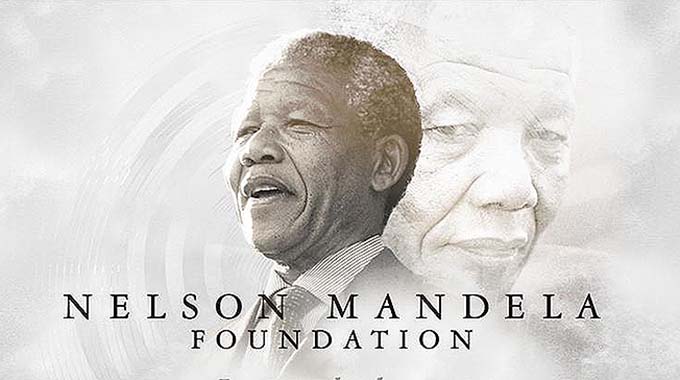Professional development critical in real estate agency practice
Property Reporter
Those in the real estate sector in the country should consider continuing professional development (CPD) as a strategy to enhance their capacities, an expert has said.
This was said by property sector expert Mhlanguli Mpofu in his presentation entitled Continued Professional Development: The Case for Real Estate Practice in Zimbabwe at a Real Estate Institute of Zimbabwe (REIZ) event earlier this year.
“CPD activities must extend the knowledge and skills of the profession. The major objectives intended are to: develop in knowledge, skills and professional conduct; promote members to be technically competent and up to date in relevant areas and maintain parity with like-minded professional bodies outside Zimbabwe,” he said.
CPD is a new commitment by members of the Real Estate Institute of Zimbabwe to continually update their skills, knowledge and capabilities in order to remain professionally competent, relevant and achieve their optimised potential.
Members are to undertake CPD that is relevant to their practise and may include, but are not limited to the following: ethics and the regulation of the profession, technical occupational knowledge, technical occupational skills, practice management, legislation and the law, and soft skills.
CPD typically falls into two elements, that is structured/formal CPD on the one hand, and informal CPD on the other.
Structured CPD may include tertiary courses delivered by or under the auspices of academic or educational institutions, commercial organisations or professional bodies; courses, conferences, seminars, workshops, lectures delivered by the Real Estate Institute or other competent professional body; and technical or research groups established by the Real Estate Institute or other professional body.
The groups should have defined objectives and a structured operational methodology. Time spent on technical matters may count for CPD, but time spent on the groups’ administration matters must be excluded.
And informal CPD is any self-managed learning that is relevant or related to your professional role.
This could include activities such as private study, on-the-job training, attendance at informal seminars or events where the focus is on knowledge sharing.










Comments